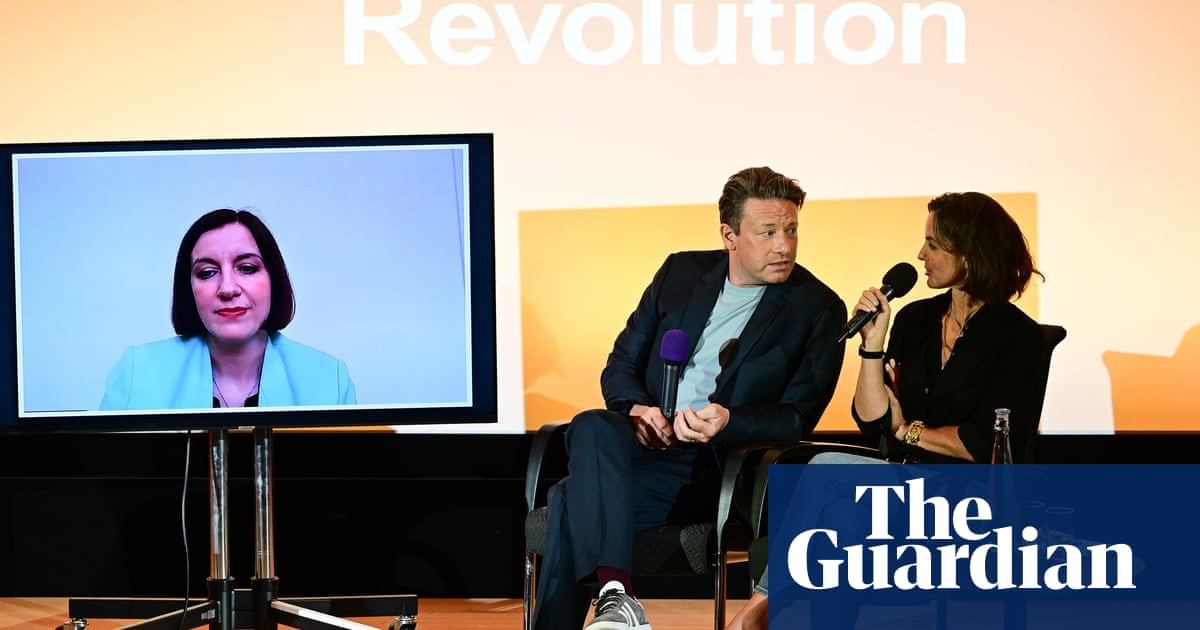The celebrity chef and campaignerJamie Oliverhas said he is “disgusted” by his native county of Essex for not formally recognising dyslexia as a special educational need.
Discussing his new documentary on dyslexia, Oliver claimedEssexcounty council did not want “to spend the money” on young people diagnosed with dyslexia, a neurological learning difficulty affecting reading and writing.
“I’m disgusted by my county of Essex,” Oliver told a panel including the education secretary,Bridget Phillipson, on Thursday. “I come from Essex. I was born and bred in Essex and [went to school] in Essex … and they’ve decided to not recognise dyslexia. They don’t recognise it, they don’t see it.
“And my instinct is because once you recognise it and once you have a diagnosis on it, then because of the [Equality Act] you have to deploy resources as a human right. And I believe that Essex don’t want to spend the money.”
In the documentary, which airs on Channel 4 on Monday, Oliver says: “I went through traditional schooling and it wasn’t great. Everything to do with learning and getting it down on paper was terrible, I hated words. I had nothing to offer. That feeling of sadness, of feeling thick, stupid, worthless and dumb.”
Tony Ball, Essex council’s cabinet member for education, said: “We welcome the focus Mr Oliver is bringing to this and want to make our approach clear: we want to make sure all children and young people get the help they need, rather than subcategorising into different groups for blanket solutions.
“We support what some people term dyslexia, and what others might call severe and persistent literacy difficulties, in the same way. We are committed to providing individual support to children and young people regardless of how their needs are described.
“Essex absolutely acknowledges and supports pupils with literacy difficulties, and we do this regardless of the term used to describe their needs – literacy difficulties, dyslexia or other.”
The documentary,Jamie’s Dyslexia Revolution, is Oliver’s latest in more than 20 years of campaigning, including his crusade to improve school food in the 2004 series Jamie’s School Dinners.
In the new documentary, Oliver calls on the government to carry out earlier screening of children for neurodiversity and to improve training for teachers.
Speaking to Phillipson, Oliver said: “We need new systems and ways of allowing these [children], up to 25% of every class, to have the ability to show their genius.”
Phillipson said that as part of the government’s special educational needs (SEN) reforms forEngland, it would “make sure that we have a really big upskilling of the workforce” and ensure that new teachers “get much more training” for pupils with special needs and neurodiversity.
Oliver has revealed previously that he did not read a complete book until he was 38, despite becoming one of the world’s most popular nonfiction authors.
In 2017, Oliver saidchildren with dyslexia were fortunate: “I genuinely think that when someone says to you ‘Johnny’s got dyslexia’, you should get down on your knees, shake the child’s hand and say well done, you lucky, lucky boy.”
